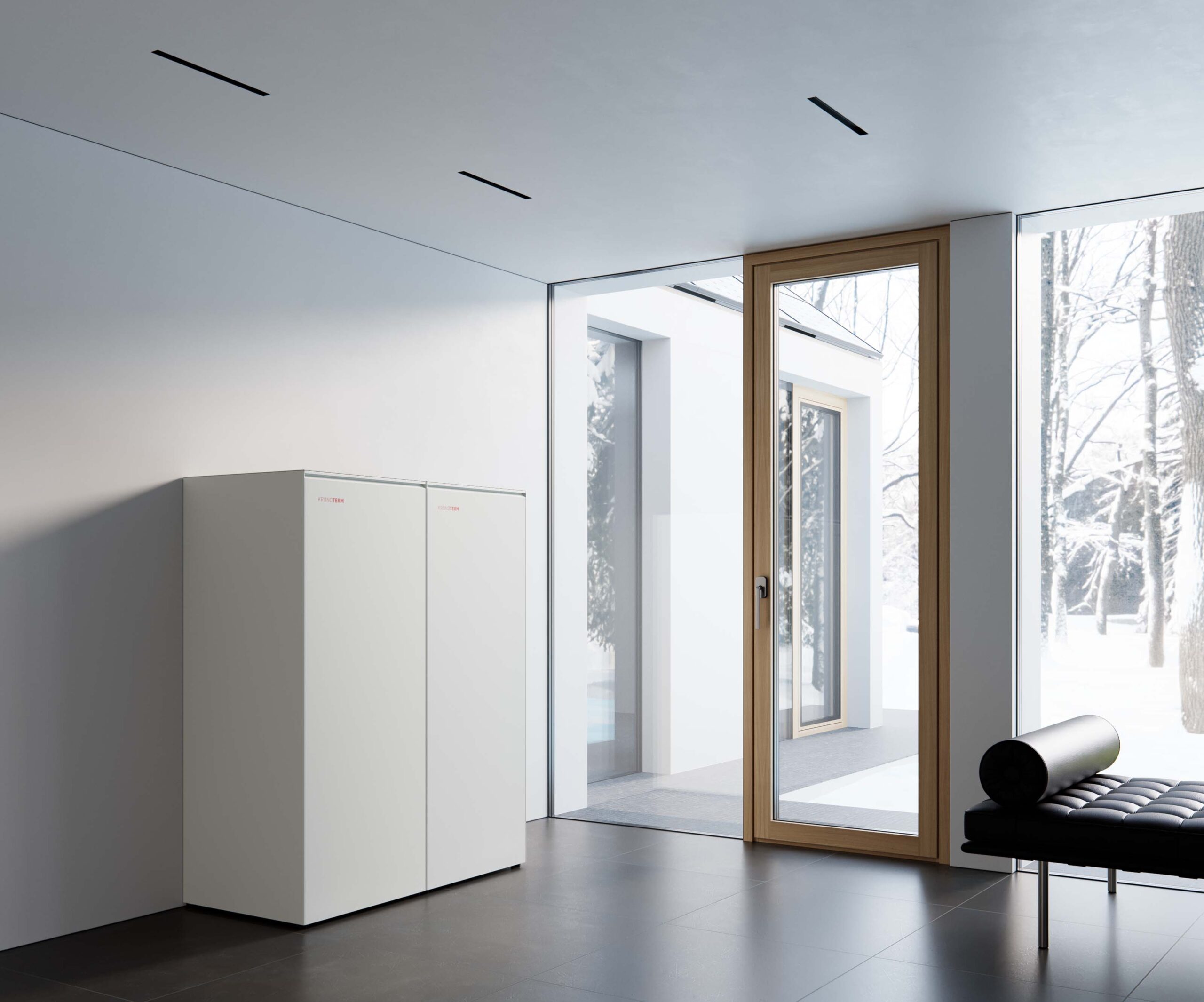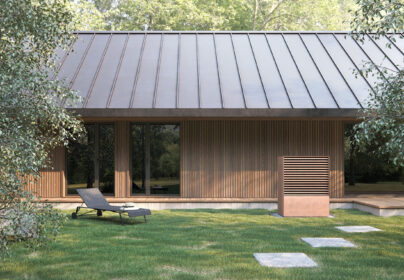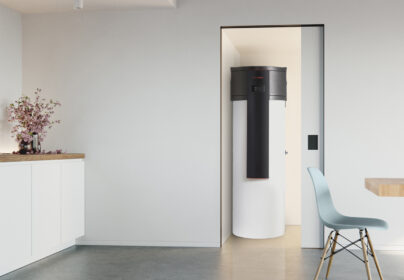As autumn arrives and outdoor temperatures fall, it’s time to make sure your heating system is ready for the new season. With a few thoughtful adjustments, KRONOTERM heat-pump users can ensure efficient, economical, and reliable operation—even on the coldest days.
Proper preparation means greater comfort, lower electricity consumption, and reduced heating costs.
Switch to winter mode
If your heat pump was used for cooling or domestic hot-water heating over summer, switch it back to heating mode. In the CLOUD.KRONOTERM app, you can easily check or adjust the operating mode.
- When is the right time?
Switch to winter mode once outdoor temperatures consistently stay below 15 °C.
- How to do it?
Open the CLOUD.KRONOTERM app, go to Operating Mode, and select Auto or Heating. The Auto mode will take care of switching automatically and is the recommended setting.
The heating curve – the key to smart heating
The weather-compensated heating curve is your most important setting. It tells the heat pump how warm the heating water should be (for floor heating or radiators) based on outdoor temperature and your target indoor comfort.
- Why does it matter?
A correctly set heating curve ensures the highest energy efficiency. It allows the heat pump to operate steadily (often at just 1–2 kW), avoiding consumption peaks.
- When to adjust it?
If your indoor temperature feels right, leave the curve as is. If it’s too warm or too cold, adjust the curve slightly—usually by 1–2 points. For bigger adjustments, contact our service team.
Every degree counts
Few people realize how strongly temperature affects consumption. Raising the room temperature by just 1 °C increases electricity use by roughly 5%.
Keeping rooms at 23 °C instead of 21 °C can increase your heating bill by up to 10%. The optimal temperature for comfort and efficiency is 20–21 °C. At night or during absences, lower it by 1–2 °C.
Room controller – a small sensor with a big impact
Even the most advanced heat pump can’t work properly without accurate indoor temperature data. Proper placement of the room controller (e.g., KT-2A) is therefore crucial.
Ensure the controller is:
- Installed in the main living area
- Not covered (by curtains, furniture, doors)
- Away from heat sources (radiators, TV, stove, lamps)
- Protected from drafts (windows, entrance doors)
- Not exposed to direct sunlight
Ideal height: 1.5 m, on an interior wall representing the average room temperature.
Annual maintenance – longer lifespan and maximum efficiency
A heat pump can run up to 3,000 hours per year. Just like a car, it needs regular maintenance. Before the heating season, schedule an annual inspection: pressure check, filters, circulation pumps, and overall system condition. A well-maintained heat pump can operate up to 10% more efficiently and last significantly longer.
Keep the outdoor unit breathing
In autumn, leaves, dust, and later snow often accumulate around the outdoor unit. Free airflow is essential for efficient heat extraction. Regularly remove leaves and keep the grille clean—small actions that ensure quiet and efficient operation.
With proper winter preparation, correct settings, and a bit of attention, you’ll minimize electricity consumption, extend the system’s lifespan, and maintain perfect comfort at home. Don’t wait for the first frost. Schedule your annual inspection today.






